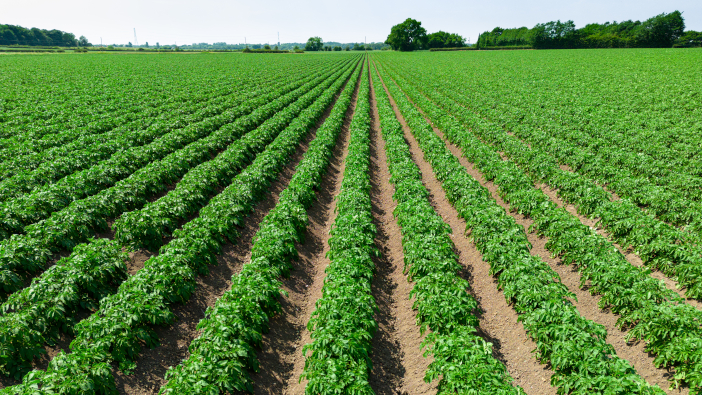A new database of 19 insect genomes, including some of the most damaging pests, has been made publicly available. It includes some of the most common pest threats faced by UK farmers, including wireworm, cabbage stem flea beetle and pollen beetle, as well as other important species.
The aim of the new database is for it to support the development of pest control approaches that can overcome resistance and create more environmentally-friendly crop protection solutions.
The four-year Pest Genome Initiative, a consortium of Rothamsted Research and agriscience companies Syngenta and Bayer, firstly sequenced the genomes, and then assembled them into their constituent chromosomes before adding information about what individual genes code for.
In addition to helping in the development of crop protection products that are more species-specific and overcome the problem of resistance, the project will also help to develop non-chemical pest control methods, such as manipulating insect behaviour; focusing on the genes that control how insects find mates and host plants and turn them away from crops.
One of the research leaders for the project, Professor Linda Field of Rothamsted, said the future of farming would be ‘smarter’ and involve less pesticide use: marrying up the electronic surveillance of insect movements and measures that encourage natural pest control, with these newer, more targeted pesticides.
She said: “Currently as much as a fifth of all crops are lost globally to pests, and this is predicted to increase to 25% under climate change. Whilst non-chemical control methods can have some success in reducing crop losses, pesticides remain a necessary weapon in our fight against devastating crop losses and will so for the foreseeable future.”
Professor Field explained that for a number of years now, pesticides have been identified as having a negative impact on the wider environment, particularly on bee populations, which has led to these products being banned across Europe. By assembling these detailed genome ‘maps’ of annotated sequences, developers can create the pesticides that specifically target the pest whilst leaving other species unharmed.
The Pest Genomics Initiative includes all pests that are universally known for attacking vital crops, including oilseeds, vegetables, cereals, fruit, beans, sugar and cotton.
Professor Field continued: “Understanding the pests’ genes means we can understand the specific proteins they make. By comparing these proteins to the proteins made by non-target species, we can tailor control methods that only work on pests. Examples include those proteins that allow pests to de-toxify pesticides, the basis of much evolved resistance.”
A further use for these genome sequences is in identifying insect species that have the potential to alter their diets to feed on other crops – something that may become an issue in certain countries as pests migrate or new crops are grown as the climate changes.
In recognition of the fact that the future of pest management will involve both better targeted chemicals and other techniques, the project also assembled the genomes of three beneficial insects, the European hoverfly, and the pirate bug, both of which predate crop pest species, as well as a species of parasitoid wasp that lays its eggs inside the crop pest, the cabbage stem flea beetle.
Professor Field said: “It’s important we understand differences between insect species, so that we can both protect crops from pests and conserve beneficials.”


